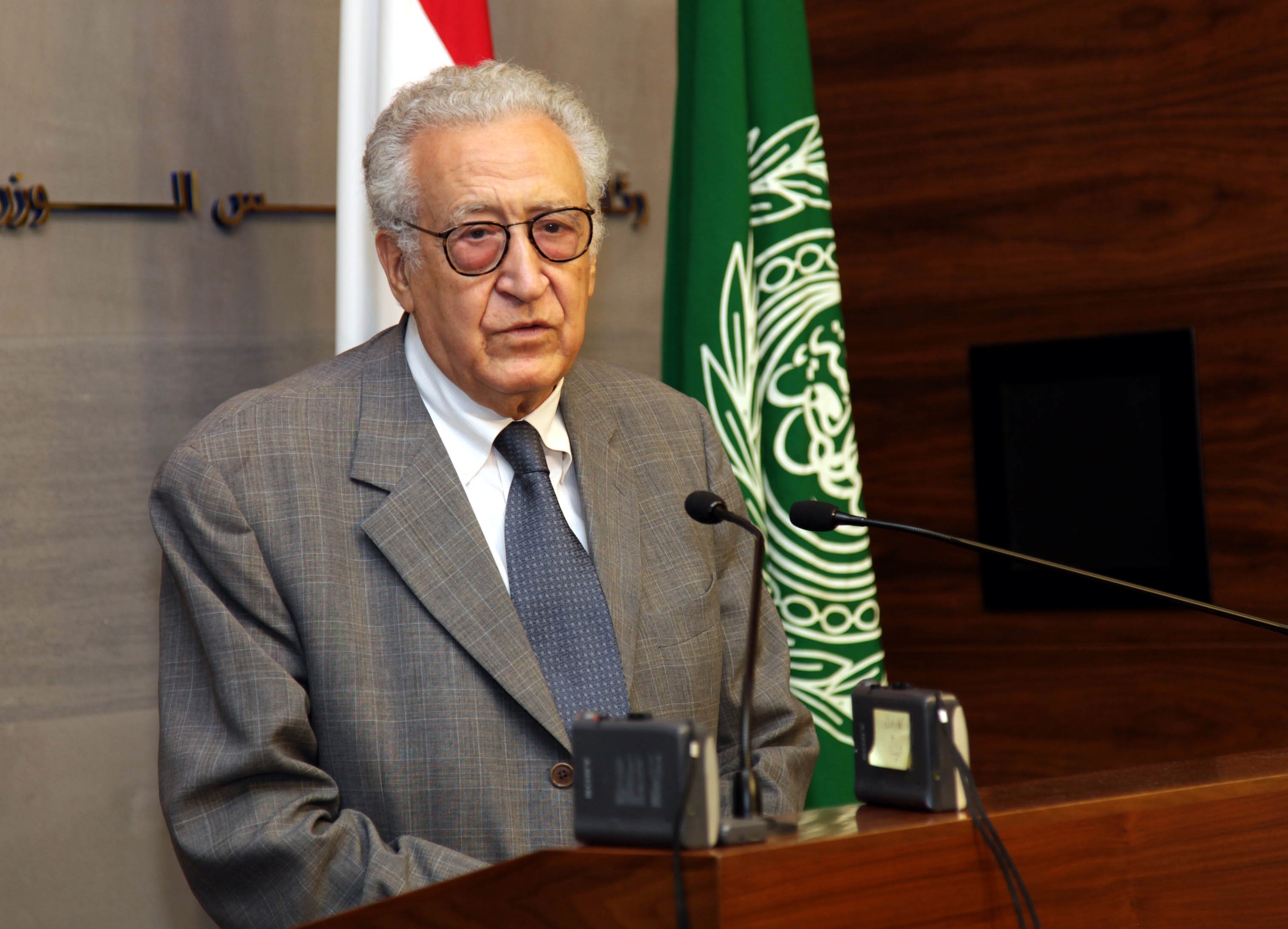The House of Representatives approved a number of presidential decrees and governmental regulations invested with the full force of law that were issued within its absence, as regulated by the constitution.
A total of 134 MPs voted against a decree that allows the president to dismiss heads of regulatory bodies; another 13 MPs abstained from voting, while 328 MPs voted to approve it. Although the decree was ratified into law, it received the staunchest opposition with the highest number of dissenting votes among decrees under review on Sunday.
The dissenting votes were believed to be related to calls to preserve the independence of regulatory bodies, a topic of concern, in particular amid the current conflict surrounding Hesham Geneina.
Geneina, head of the independent regulatory Central Auditing Organisation (CAO), recently came under fire when he levelled corruption claims against the government, claims that were later denied by a presidential report.
In a heated discussion, MPs who were against the law argued that the parliament should have a say in the dismissal of regulatory bodies.
MP Haitham El-Hariri opposed the idea of the current president having sole authority in the matter, adding that “you do not know who the next president will be”. Similarly, MP Ahmed Mortada Mansour said the president appointed the heads of regulatory bodies and should bear the consequences if they deviate from their position or err in their official duties.
Moreover, MP Gamal El-Sherif referred to the absence of an official declaration of a state or situation that would allow the issuance of such a law in the parliament’s absence, which, according to him, makes the law unconstitutional.
The electronic voting system was implemented in Sunday’s session, as MPs voted to pass or reject the decrees under consideration. The decrees scheduled for discussion in the parliament Sunday included issues related to national security, police and military internal affairs, as well as laws that structure the political process.
Some of these decrees have been sources of public controversy, such as the anti-terror law, the terrorism entities law, the military tribunals’ law, the law on vital facilities, as well as amendments to the Penal and Criminal codes and prison regulations.
Such laws had been viewed by human rights’ defenders as containing violations and contradictions to constitutional guarantees of freedom of speech, as well as reinforcing the security state and compromising concepts of civil democracy.
One of the most debated laws was the anti-terror law, issued as a presidential decree last August. The House of Representatives ratified the decree with a 457-vote majority. However, the decree witnessed significant opposition, in comparison to other laws viewed Sunday, with 24 MPs registering their dissenting vote.
The law stipulates the referral of those accused of crimes against the state’s “vital” facilities to military prosecution, amid accusations by political opposition and human rights’ advocates that the law “expands military control” beyond reasonable bounds.
Al-Nour Party MP Salah Khalifa took the floor and argued that the law contained vague and broad definitions that prevented it from achieving a balance between the state’s security and the preservation of human rights.
Those laws discussed today had been assigned to the National Defence and Security Committee, which had 58 MPs and was assigned 22 laws to discuss and review, as well as the Constitutional and Legislative Affairs Committee, which had 38 members and 10 laws to discuss.
The parliament reviewed 32 presidential decrees and governmental regulations invested with the full force of law that were issued during its absence, among a total of 340 laws to be reviewed.

